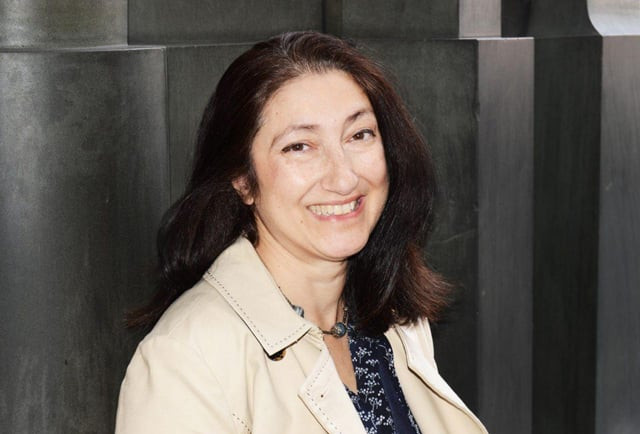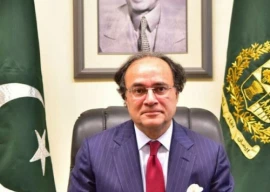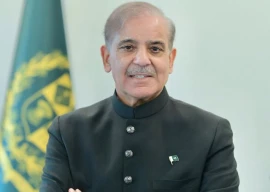
While some business owners and entrepreneurs rely on their own professional experience, education and connections when it comes to expansion, others are aware of potential legal and cultural blind spots. Here's where French-Pakistani entrepreneur Sophie Lechner comes in.
Founder and CEO of Global Commerce Education, Inc (GCE) which operates out of New York, the 53-year-old launched GCE two years ago. The company helps US and foreign companies work on business expansion abroad which includes providing cross-cultural training and capacity building.
Pakistani entrepreneurs bag Austin firm’s $20m fund
“My role is really more of a conductor of an orchestra. My business model is that I have this curated faculty,” explains Lechner to Forbes.
She calls upon individuals from her global network which is located in the Americas, Europe and Asia who are then able to share their knowledge and expertise with her client. These professionals advise on legal regulatory, financial, accounting and marketing matters.
Lechner was born in Pakistan, raised in France and attended Columbia Business School in the US. She states they "don't plan for their clients," instead, GCE assesses the client's plans, objectives and intended market and help provide a strategic plan to enter the market.
GCE offers Market Validation, Market Entry and Ultimate Immersion programs, composed of two days in the home country and an intensive week immersion in the foreign country, four weeks later.
According to Lechner, when companies fail abroad 50 to 70 per cent of the time it's due to cultural differences that have not been addressed.
“How do you pitch? How do you present your product?" she asks. Different cultures would have difference ways of responding to the same pitch. An audience that reacts with stone-face silence could mean interest in one culture and rejection in another.
“We’re outgoing and smiling and gesturing; enthusiastic and encouraging,” says Lechner of Americans.
“A lot of cultures are not as smiley,” she adds.
Lechner also highlights the most common strategies she has shared with clients. She states businesses expanding abroad don't need to lose their identity to assimilate - they simply need to be aware of cultural differences in other to conduct their business effectively.
When it comes to the US, Lechner “jumps out of her skin” when her foreign clients assume US's enormous population will organically provide customers.
17-year-old Pakistani student’s physics paper surprises older scientist
“Ah, it’s just not how it works. “You can’t just say ‘I’m going to expand into the US market. Which one?”
The geographical size of the country allows for each city, state and region to have its own culture and market.
Lechner is an entrepreneur who comes from a culture that values modesty and humility when talking about their start-up. “You can’t do that here!” exclaims Lechner, “People will think you don’t believe in yourself.”
This story originally appeared on Forbes


















COMMENTS
Comments are moderated and generally will be posted if they are on-topic and not abusive.
For more information, please see our Comments FAQ